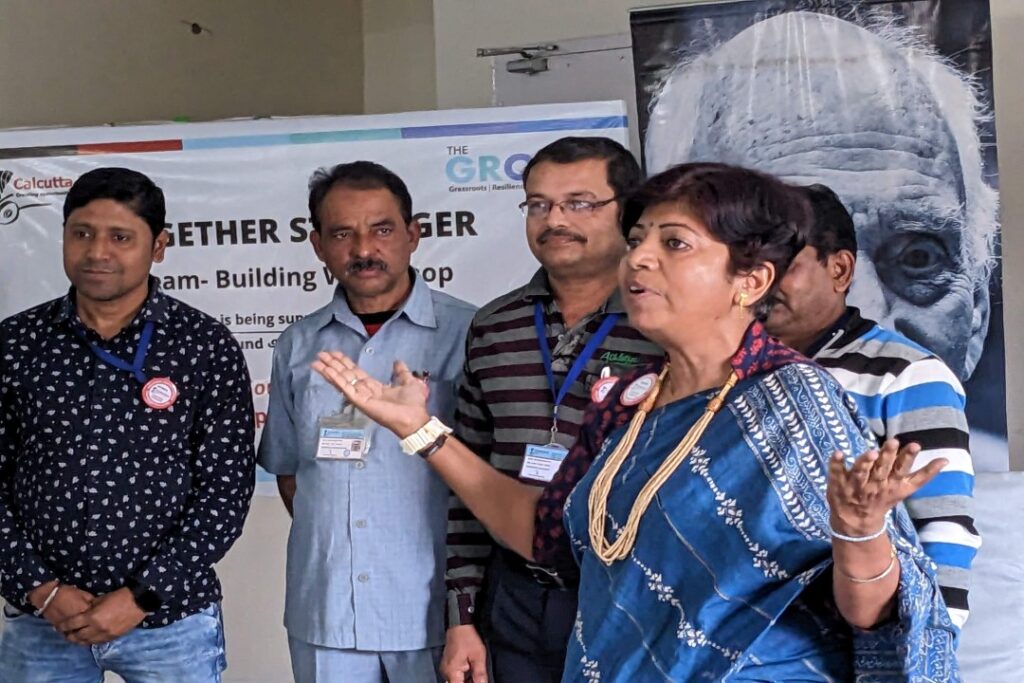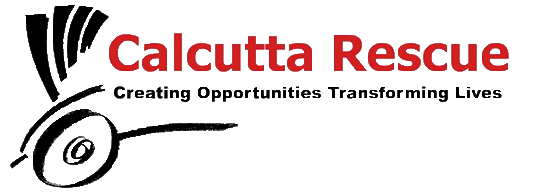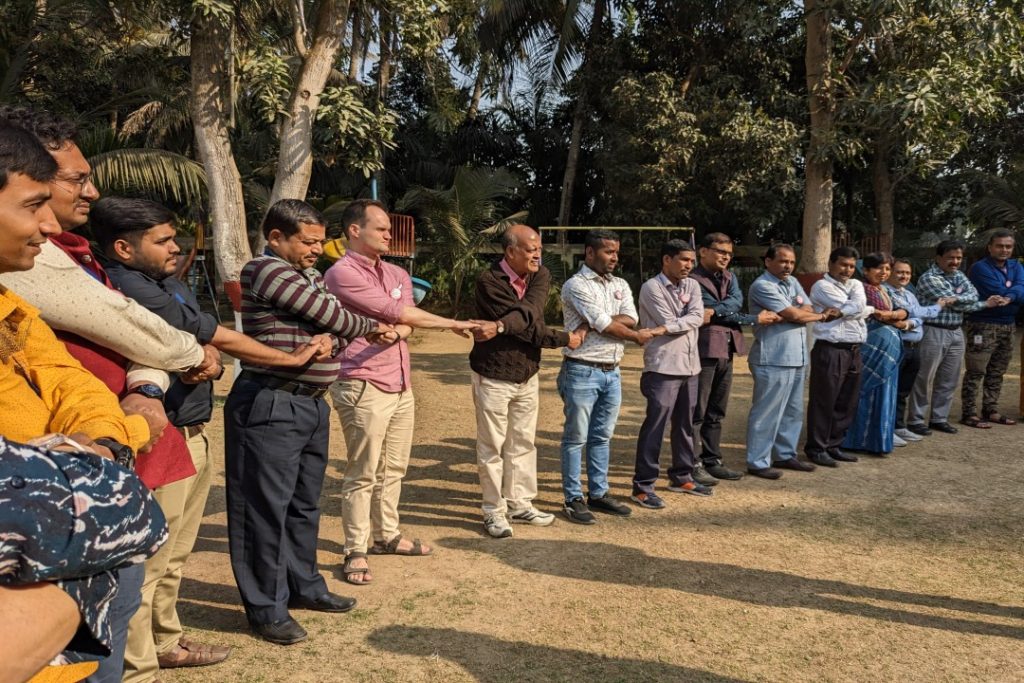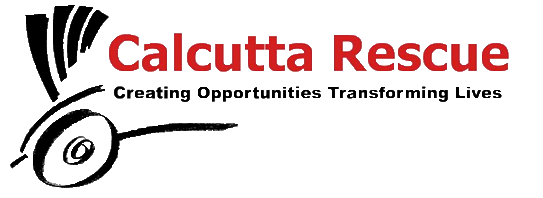
- Call us Today : +123 456 7890
- Email : [email protected]
By Sean Duggan
I am not sure I can find adequate words to express how impressed I am by the confidence and commitment demonstrated by CR’s management team at last weekend’s team building event.
It is hard to believe that this is the same organisation that I was with just three years ago. It is not just that there are lots of new faces, bringing fresh energy and talents into the team. It feels like there has been a quantum shift in the way they operate, individually and together.
Some of this is almost certainly due to a hard-won confidence born of having successfully adapted to, and overcome, the huge challenges that the Covid pandemic posed.
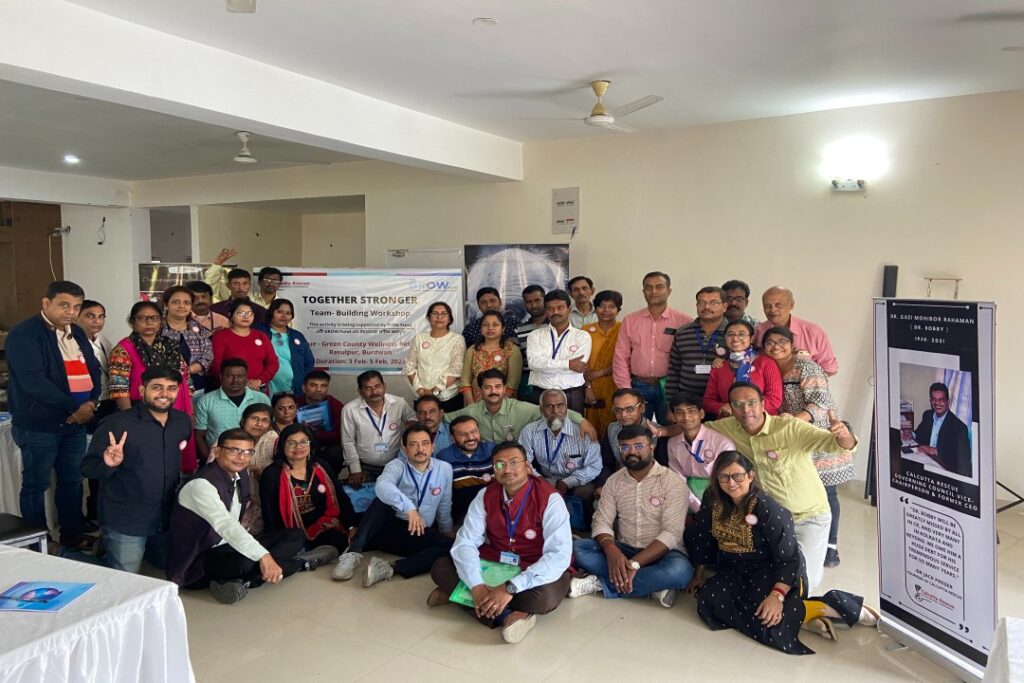
I sense it is much more than that though, and credit for this must lie with Jaydeep, the CEO. Watching and listening to the staff, both in the fun team-building exercises and in the conference room, whether presenting or taking part in discussions, the word that springs to my mind is empowered.
People I have known for years, but always thought of as lacking in drive and confidence, are participating in a way which is making me question if I haven’t entirely misjudged them.
Of course the known stars of the team are shining bright, but around them are a whole constellation of other leaders in the making. People like Shantanu, our pharmacist who demanded more challenge and now also runs the new outreach team, Souvik who is leading the gender equality work with boys and young men and Satadru in the fundraising team who acted as compere throughout the weekend.
The whole event in a lovely eco-friendly hotel two and a half hours north of Kolkata was funded by an Indian foundation called The Grow Fund. Their raison d’etre is to identify good NGOs and then to help them become even more effective by providing advice and capacity building.
Jaydeep seized this opportunity to get his whole management team together, off-site, to allow them to get to know each other better and to ensure they all understand CR’s vision, ethos and strategy.
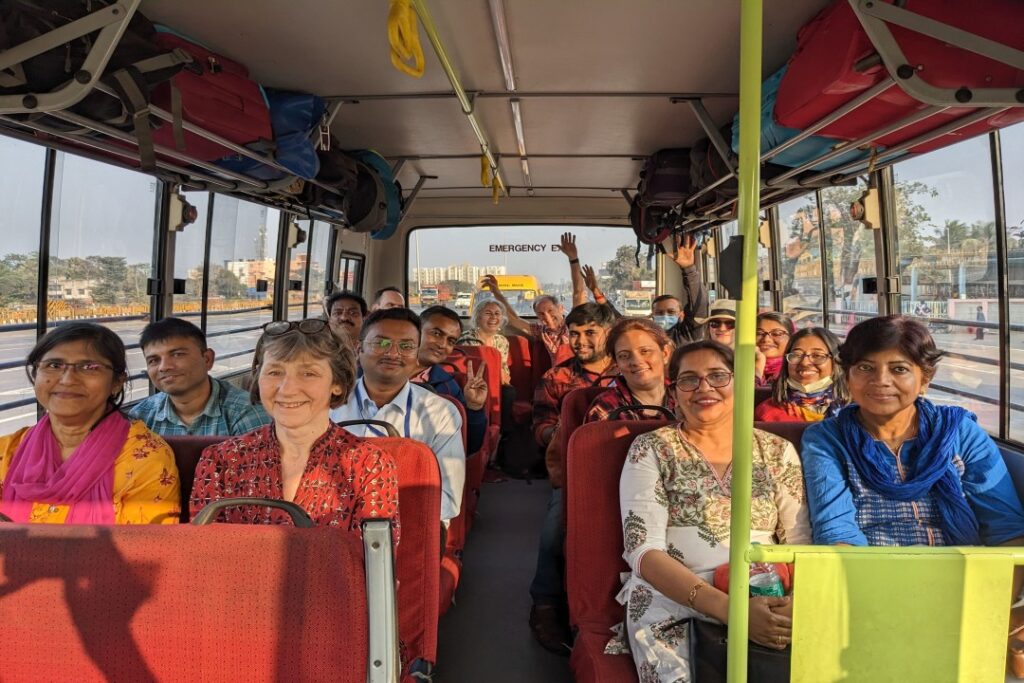
He has been working on how to get the most out of this opportunity for weeks, with the support of Henk, who in his other life is a management consultant in Holland. The programme was packed, but full of variety with lots of participation and outdoor exercises that get people to interact in new and enjoyable ways.
After lunch on Saturday, for instance, we were all formed into a circle with arms crossed and holding hands, and had to work out how we could get to a position where our arms were no longer crossed, facing inwards, without breaking the chain.
I would like to say that modesty prevents me from revealing that I was the first to work out how to do it. But clearly it doesn’t. It was probably the result of a misspent youth when I was forced to do lots of similar tasks as an officer cadet at Sandhurst.
All the sessions were held in Bengali. While this made life a lot harder for the half dozen foreigners there, I could see that it was exactly the right decision as it allowed the staff to express themselves much more confidently than they would have done had they been forced to speak in English.
Most speakers dropped in just enough English words for us to grasp an outline of what was being discussed, and I was able to judge by the intensity of what was said, and the reaction from the hall, which ones I needed to get to explain fully during the breaks.
One thing that stunned all of us foreigners was just how good the Bengalis were at acting out the values of CR. Staff were split into six groups and each assigned a value, such as integrity and fighting spirit, and then given 20 minutes to put together a short play to demonstrate that.
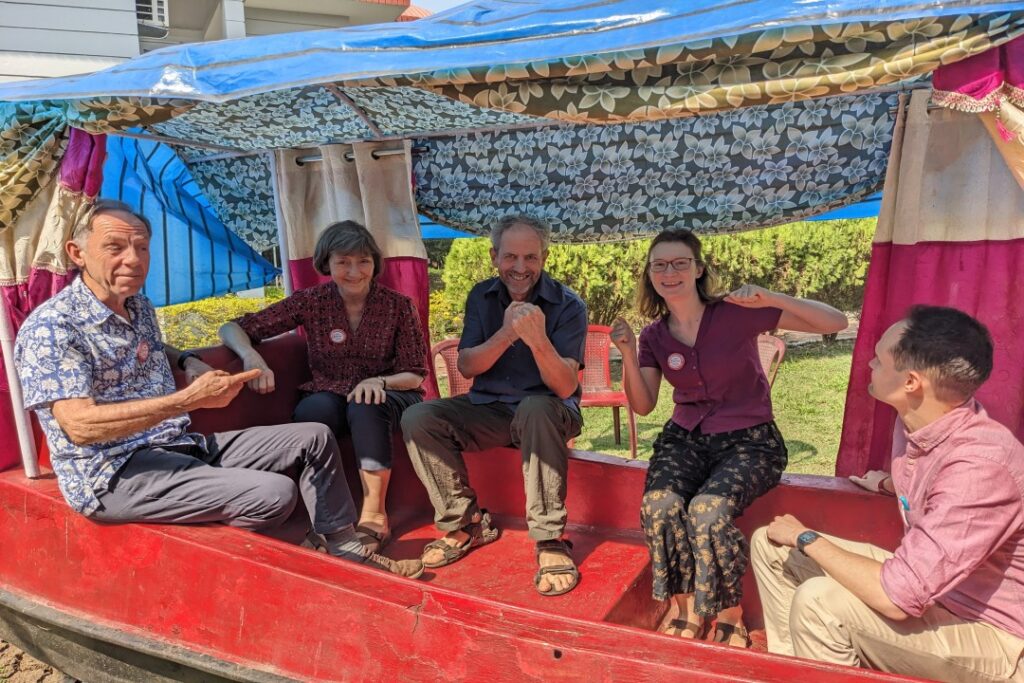
We Western volunteers were allowed to choose what we did. We decided to try and encapsulate all of them in mime using a boat, representing CR, as our main prop.
When the 20 minutes was up we thought we had come up with a pretty good three minute routine that centred around us all rowing in different directions to start with, sparking conflict before coming together as a team with vision and purpose to all pull in the same direction.
But when we saw what the other teams did we were all pretty embarrassed. Several of their playlets lasted more than 20 minutes and looked like they had been rehearsed for hours.
There was no nervous laughter, no blushing wallflowers, everyone threw themselves into their allotted parts with complete conviction. Part of this may be that Bengalis are naturally more theatrical than Europeans, but halfway through a lightbulb went on and I think I figured it out.
They were so assured in their roles because they were acting out what they know so well and practise on a daily basis – whether that is compassion to patients, or refusing to give up when surly bureaucrats repeatedly refuse to give vital permissions.
That evening we all gathered around a bonfire in the garden before dinner and someone fired up a boombox.
It didn’t take long for the dancing to start. First a few bold souls, then more, and finally everyone, moving together around the dancing flames, sparks flying up into the darkness, towards the pale orange moon.
Such a joy to dance again after three weeks, and to dance with them. We were all stone-cold sober as the weekend was totally dry. I very nearly let go into my all-out crazy dancer mode, and I so wanted to.
But I held back, concerned it would be just too much of a culture shock and, instead of respecting me for joining in, people might start questioning my sanity. Afterwards I sat and chatted in the dying firelight, with people I had seen over the decades working in a wide variety of roles at CR, but never had the chance to engage with in this way.
It felt like that night marked a significant shift in the culture of CR – as well as being a night that none of us who were there are likely to forget for a very long time.
